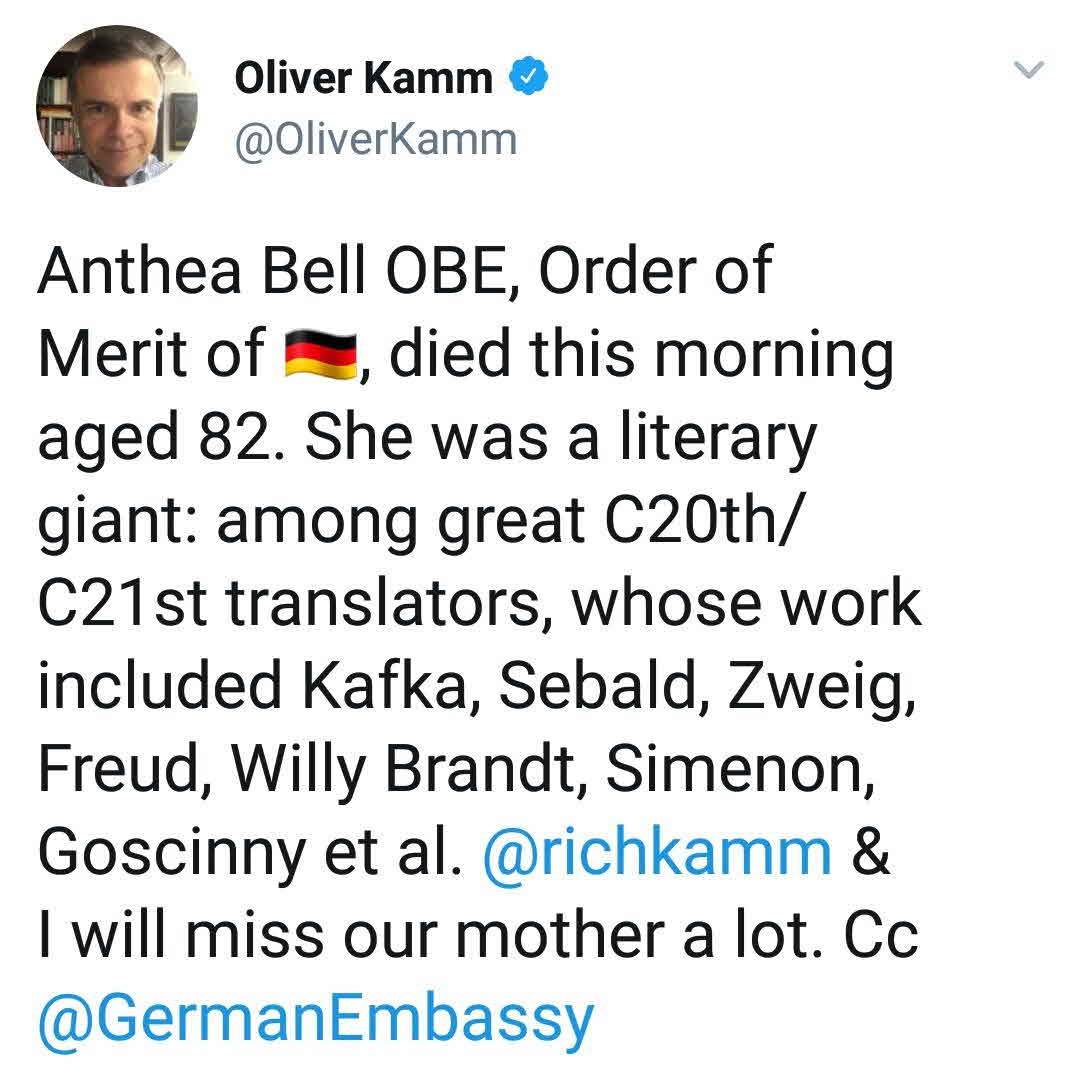Written during the Second World War, Zweig's typically passionate and readable biography of Michel de Montaigne, is also a heartfelt argument for the importance of intellectual freedom, tolerance and humanism. Zweig draws strong parallels between Montaigne's age, when Europe was torn in two by conflict between Catholicism and Protestantism, and his own, in which the twin fanaticisms of Fascism and Communism were on the verge of destroying the pan-continental liberal culture he was born into, and loved dearly. Just as Montaigne sought to remain aloof from the factionalism of his day, so Zweig tried to the last to defend his freedom of thought, and argue for peace and compromise.One of the final works Zweig wrote before his suicide, this is both a brilliantly impassioned portrait of a great mind, and a moving plea for tolerance in a world ruled by cruelty."
